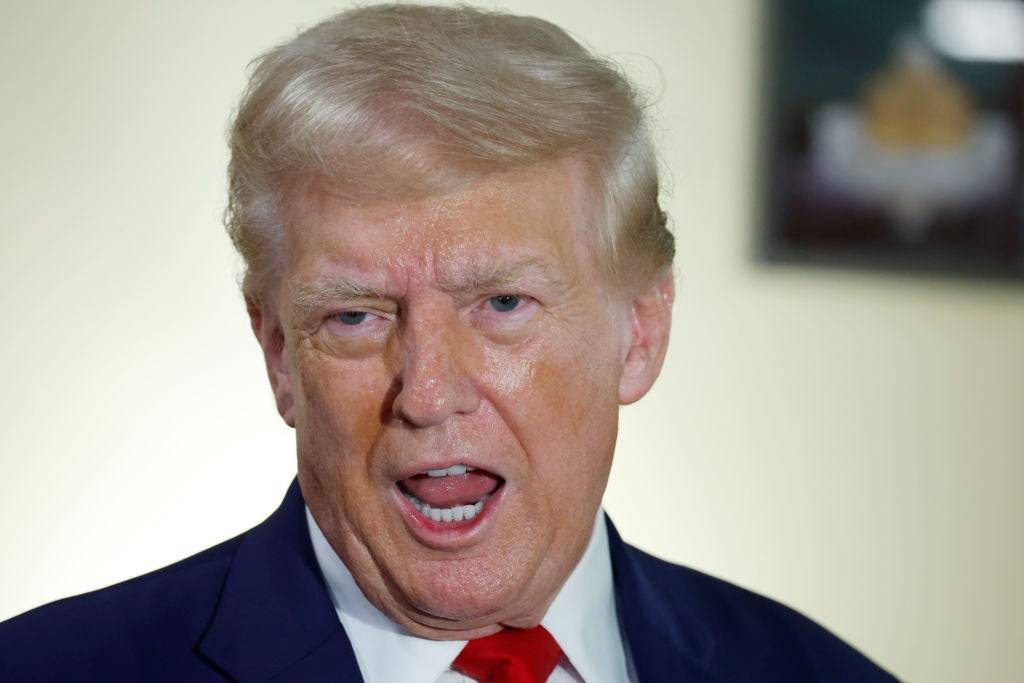Former U.S. President Donald Trump has issued a stern warning to BRICS nations—Brazil, Russia, India, China, and South Africa—over their ongoing discussions to establish a shared currency as an alternative to the U.S. dollar. Trump expressed strong opposition to the de-dollarization efforts championed by BRICS leaders, threatening the imposition of 100% tariffs on goods imported from these nations if they proceed with the plan.
Speaking about the issue, Trump emphasized the necessity for BRICS countries to abandon any aspirations of adopting a new currency that could rival the dollar. He warned that failure to comply with this stance would jeopardize their access to the U.S. economy, potentially resulting in severe economic repercussions for these nations. Trump added that while he believed the plan for a unified BRICS currency was unlikely to succeed, the United States must remain proactive in defending the dollar's global dominance.
The BRICS bloc has been actively exploring ways to reduce their reliance on the U.S. dollar as part of a broader geopolitical strategy. These discussions include the possibility of creating a shared currency that could facilitate trade among member nations without relying on the dollar. Advocates for the move argue that it could strengthen economic ties among BRICS members and provide a buffer against U.S.-imposed sanctions.
However, the idea has faced significant skepticism. Economic experts have highlighted the challenges of implementing such a currency, citing the diverse economic conditions, varying monetary policies, and differing political priorities of the BRICS nations. Even the Kremlin has admitted that the formation of a single BRICS currency is not feasible at this time.
Trump’s remarks come at a time of growing tensions between the United States and BRICS, as the bloc continues to expand its influence on the global stage. In recent years, BRICS nations have made strides in their efforts to challenge Western economic dominance, including the establishment of institutions like the New Development Bank, often seen as a counterweight to the World Bank and the International Monetary Fund.
Critics of Trump’s rhetoric argue that his threats of imposing 100% tariffs could escalate trade tensions and harm the global economy. They warn that isolating BRICS nations may drive them closer together, potentially accelerating the de-dollarization process. Nonetheless, Trump’s comments underscore the broader concerns of U.S. policymakers about the potential erosion of the dollar's status as the world's primary reserve currency.
The potential ramifications of a BRICS currency could be far-reaching. A successful implementation could diminish the dollar’s dominance, reduce the effectiveness of U.S. sanctions, and shift the balance of economic power globally. While the feasibility of such a currency remains uncertain, the mere prospect has sparked intense debate among economists, policymakers, and world leaders alike.




No comments yet
Be the first to share your thoughts!